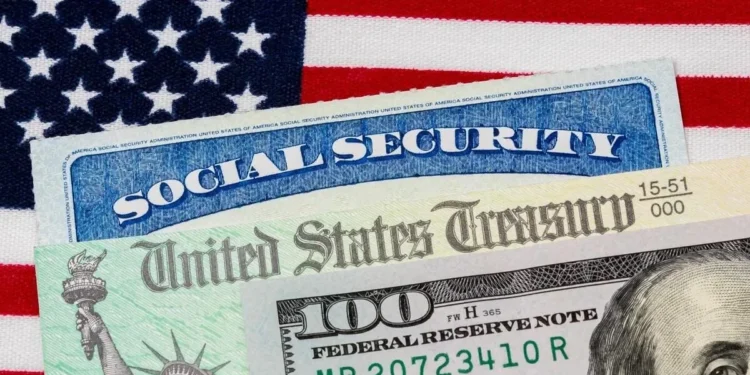Millions of Americans receiving Social Security payments and Veterans Affairs benefits must transition to electronic payments by September 30, when the U.S. Treasury stops issuing paper checks for most federal programs.
The policy change, implemented through a recent executive order, aims to reduce “unnecessary costs, delays, and risk of fraud, lost payments, theft and inefficiencies” associated with mailed payments. The shift will generate substantial federal savings, as electronic transfers cost approximately 15 cents per transaction compared to 50 cents for paper checks.
While most recipients already utilize direct deposit, fewer than one percent of Social Security beneficiaries currently receive paper checks. This population faces immediate action requirements to maintain uninterrupted benefit access.
“Consumer groups have basically acknowledged that the government is right that this is a much safer, better way to go but they also acknowledge the fact that there are some people that just aren’t banked,” explained Herb Weisbaum, a Checkbook.org contributor. “They don’t want a bank account. They don’t trust bank accounts. They have been used to paper checks.”
Recipients can enroll in direct deposit by contacting their benefit-providing agency or calling the Electronic Payment Solution Center at 800-967-6857. The godirect.gov website also facilitates enrollment for electronic payments.
The transition presents particular challenges for approximately 5.6 million Americans without traditional banking relationships. The Federal Deposit Insurance Corporation’s GetBanked program helps connect unbanked individuals with financial institutions offering accounts without minimum deposit requirements.
Alternatively, the federal government operates a debit card program that automatically deposits benefit payments onto cards accessible through a network of 75,000 ATMs nationwide. This option provides banking services without requiring traditional account establishment.
The change affects Social Security recipients, Veterans Affairs beneficiaries, and individuals receiving federal tax refunds. Given the tight timeline, eligible recipients should begin the transition process immediately to avoid payment disruptions.
Consumer advocates recognize the policy’s security and efficiency benefits while acknowledging potential hardships for populations traditionally relying on paper transactions. The electronic system reduces mail theft risks and processing delays that can affect vulnerable populations depending on timely benefit delivery.
Financial institutions have expanded accessible banking options in anticipation of increased demand from previously unbanked federal benefit recipients seeking to comply with the new requirements.






